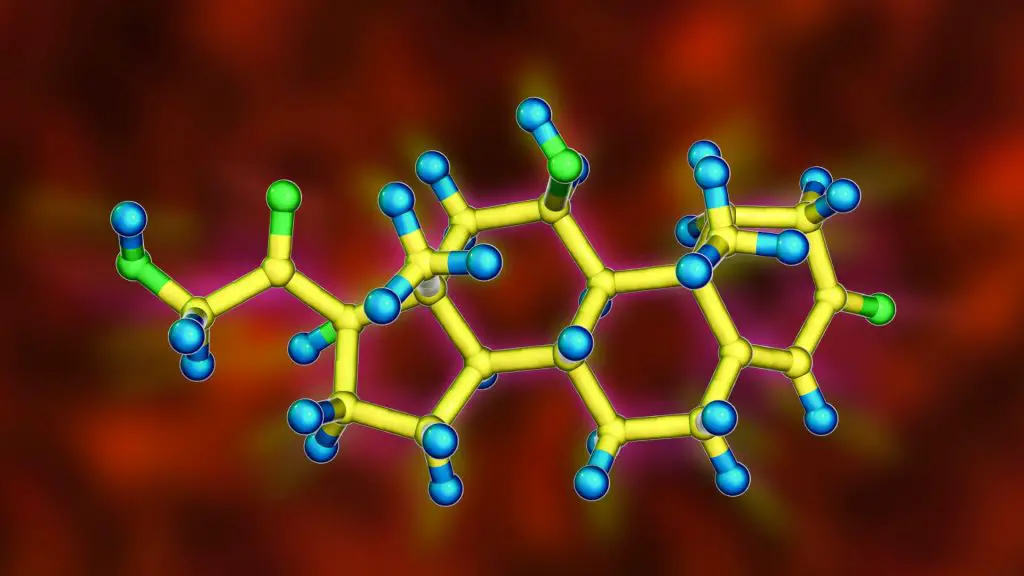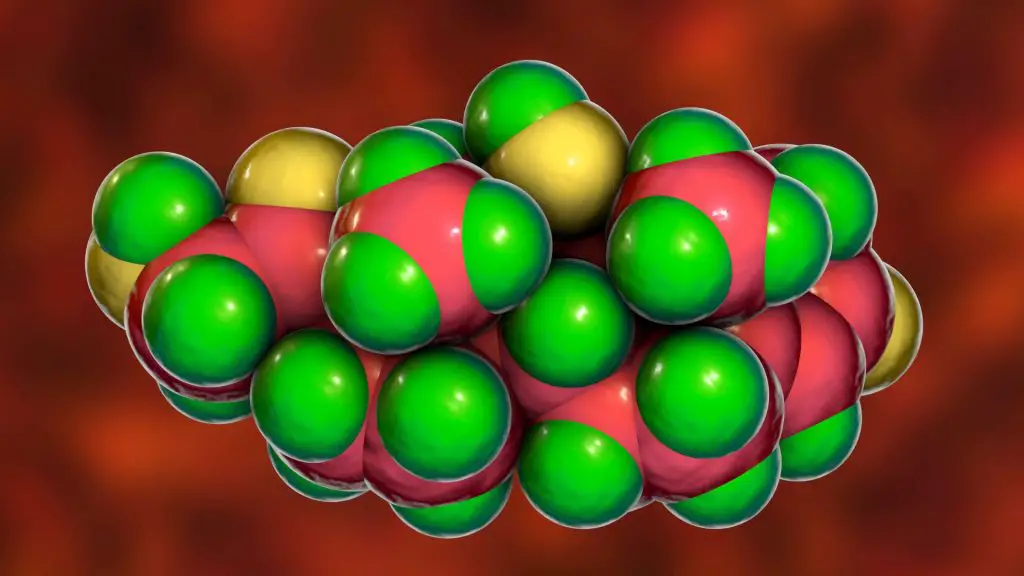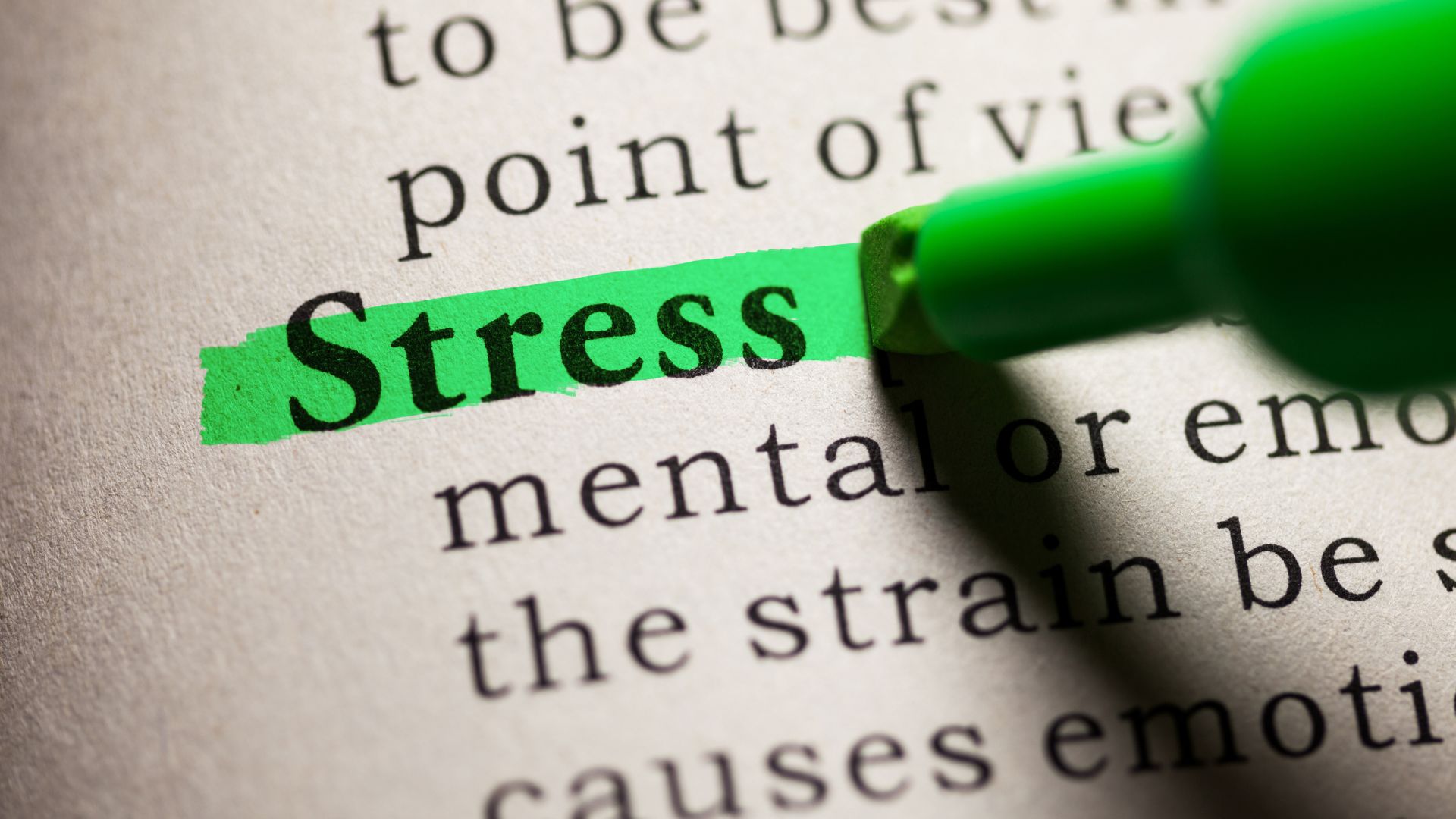Stress is a part of our lives and affects us all differently. While some people thrive under pressure, others can become overwhelmed by it. But can stress cause muscle loss?
One of the essential hormones responsible for this is cortisol, the “stress hormone.” This article will explore the effects of cortisol and stress on the body and what you can do to fight back against their negative impact.
The effects of stress on the body

Stress activates the “fight or flight” response in our bodies, which prepares us to respond to a perceived threat. This response increases our heart and breathing rates and releases adrenaline, which gives us an energy boost. However, when we experience chronic stress, this response is activated repeatedly, leading to long-term health problems. Chronic stress can negatively impact our mental health, leading to feelings of anxiety and depression and also making it difficult to achieve our fitness goals.
The effects of cortisol on muscle loss

Cortisol directly impacts our metabolism, causing weight gain and the accumulation of belly fat. When cortisol levels are high, it stimulates our appetite, leading us to crave junk food and make poor food choices. This combination of weight gain and muscle loss can be especially detrimental for those trying to maintain healthy body composition.
How to fight back against cortisol’s effects

There are several ways to combat the effects of cortisol and reduce its impact on your health. Engaging in low-intensity exercises like yoga or walking can help lower cortisol levels and improve overall well-being.
Additionally, practicing mindfulness and stress management techniques can help counteract cravings for junk food.
The impact of stress on testosterone levels

Stress has a significant impact on testosterone levels in both men and women. Testosterone is a hormone that plays a crucial role in muscle growth and development and overall sexual and reproductive health. When the body experiences stress, it releases cortisol, a hormone that has the opposite effect of testosterone. Cortisol suppresses the production of testosterone, which can lead to a decrease in muscle mass and an increase in body fat.
In addition, stress can also cause changes in the testosterone-to-cortisol ratio, leading to decreased energy levels, reduced libido, and decreased overall health. These effects can be especially damaging for men, who rely on testosterone for many aspects of their health and well-being. To minimize the impact of stress on testosterone levels, it is essential to manage stress through a healthy diet, exercise, and stress-management techniques.
The role of diet and nutrition in reducing stress

The role of diet and nutrition in reducing stress is crucial and cannot be overstated. A balanced diet that includes essential nutrients like protein, vitamins, and minerals can help to regulate mood and reduce feelings of anxiety and stress. Eating various fruits and vegetables, whole grains, and lean proteins can help provide the body with the energy and nourishment it needs to manage stress. Moreover, drinking enough water, limiting processed and junk foods, and reducing caffeine and sugar intake can also reduce stress levels. Proper nutrition can also support the adrenal glands and promote the production of hormones like cortisol, which helps to regulate stress.
In summary, eating a healthy and balanced diet can help to reduce stress and promote overall well-being.
Conclusion

In conclusion, cortisol and stress can significantly impact our physical health, including muscle loss. However, by engaging in low-intensity exercise, practicing stress management techniques, and eating a balanced diet, we can counteract these adverse effects and maintain healthy body composition. Remember, stress is a part of life, but it doesn’t have to be a death sentence for our muscles. By taking care of ourselves, we can keep cortisol and stress under control and maintain our health and well-being.
